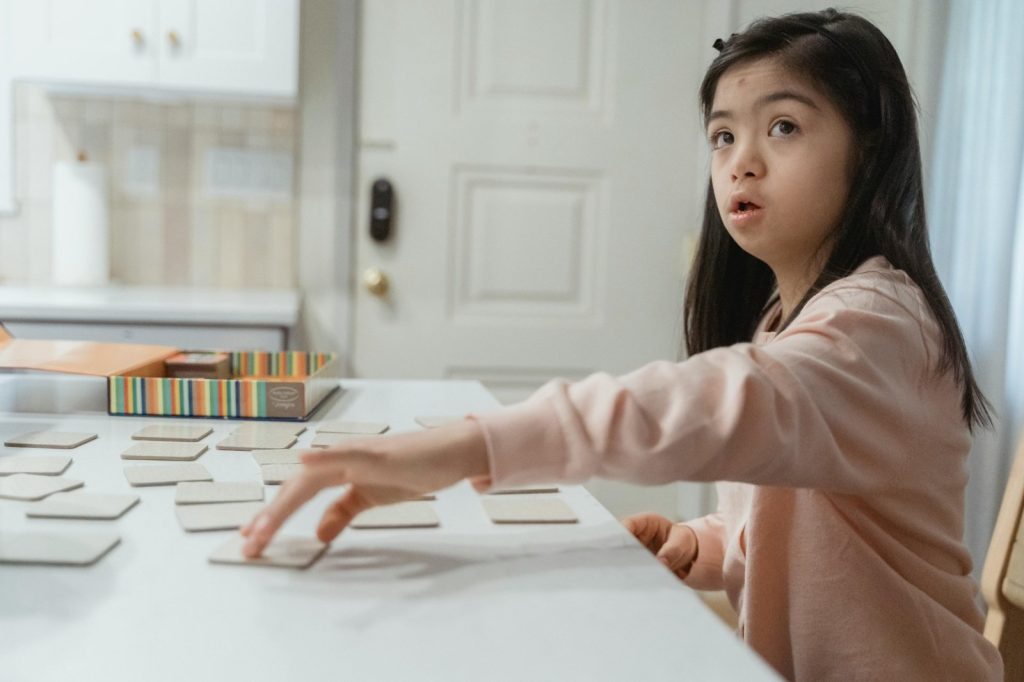Today’s children face stress levels that often surprise adults. From academic pressure to sensory overload and peer challenges, even young kids are showing signs of anxiety, burnout, and emotional strain. In fact, recent students and stress statistics reveal that nearly 70% of children report feeling “often stressed” about schoolwork alone. Understanding stress management for kids starts with recognizing the early signs and knowing how to respond to them.
This can prevent temporary worries from turning into long-term struggles. Whether the child is in preschool or high school, knowing the signs of a stressed kid and learning expert-backed strategies can make all the difference.

Stress Management for Kids: Understanding the Signs
Stress in kids rarely looks like it does in adults. You may not hear them say “I feel anxious,” but their bodies and behavior speak volumes.
Common signs of stress in kids:
- Trouble sleeping or frequent nightmares
- Headaches or stomachaches with no medical cause
- Sudden irritability or anger outbursts
- Withdrawing from activities they used to enjoy
- Refusing to go to school
- Difficulty concentrating
In many cases, this stress is triggered by transitions, academic demands, or sensory sensitivity. Teachers and parents may also notice these signs through school behavior charts or classroom disruptions.
How Stress Management for Kids Builds Emotional Resilience
Recent studies and school-based mental health reports show a sharp rise in anxiety-related behaviors in children over the past few years. Contributing factors often include:
- Academic expectations that feel overwhelming
- Social difficulties and peer rejection
- Limited opportunities for structured emotional learning at school
- Overexposure to screens and digital devices leading to sensory overload
- Family stressors such as relocation, financial challenges, or parental stress
When these pressures build up, even resilient kids can experience emotional burnout, avoidance behaviors, or physical symptoms like headaches and stomachaches. A comparison of pre- and post-pandemic school stress data shows a significant rise in chronic stress reports among students.

How to Help a Stressed Kid: 7 Expert-Backed Strategies
1. Label Emotions Clearly
Teach kids to name their feelings. Use visual tools like emotion cards or model phrases: “It looks like your body feels tight. Are you feeling worried?”
2. Establish Predictable Routines
Kids feel calmer when life feels predictable. Use visual schedules, timers, and consistent routines – even on weekends.
3. Practice Relaxation Techniques Together
Try deep breathing, progressive muscle relaxation, or guided imagery. Make it engaging with songs, games, or stories.
4. Use Reinforcement, Not Punishment
Stressed kids need understanding, not discipline. Use token systems, reward charts, or ABA reinforcement strategies to encourage coping behaviors.
5. Limit Over-Scheduling
Unstructured play helps kids recharge. Too many after-school activities can lead to burnout.
6. Support Transitions Proactively
Give advance warnings before changes like ending screen time or leaving for school. Use countdowns and calming plans for tough moments.
7. Seek Professional Help When Needed
If stress continues or worsens, contact a therapist, BCBA, or school counselor. ABA tools and parent training programs can support emotional regulation effectively.
Case Example: A 9-Year-Old Learns to Cope
Samantha, a third-grade student, began refusing to go to school after a series of difficult tests. Her parents noticed stomachaches and irritability every morning. After working with an ABA-informed behavior therapist, they built a “morning prep plan” using visual supports, emotional labeling, and a reward system for using her coping strategies.
Within 6 weeks:
- Samantha’s school attendance improved by 90%
- She reported fewer tummy aches
- Her morning routine went from tears to calm transitions

Conclusion
Every stressed kid needs empathy, not pressure. By listening to stress signals, using visual tools, structured routines, and reinforcement, and responding with understanding, parents can help children manage emotions effectively.
Stress is real – but it’s also manageable. With the right strategies and support, even overwhelmed kids can regain confidence, calm, and emotional balance.
FAQ: Helping a Stressed Kid
1. What causes kids to become stressed?
Academic pressure, social challenges, sensory overload, and family stressors are common triggers.
2. How can I tell if my child is stressed?
Look for physical symptoms, emotional outbursts, withdrawal from activities, or trouble sleeping.
3. Can ABA therapy help a stressed child?
Yes. ABA techniques like reinforcement, routine shaping, and emotional labeling help reduce stress behaviors.
4. When should I seek professional help?
If stress affects school, sleep, or daily life for more than a few weeks, consult a therapist or counselor.
5. What’s the difference between stress and anxiety?
Stress is a reaction to specific demands, while anxiety is a persistent fear response even without an immediate threat.
